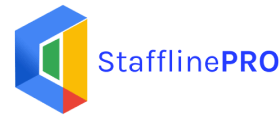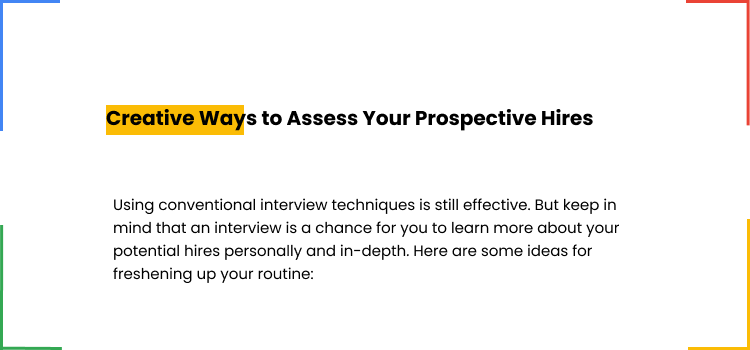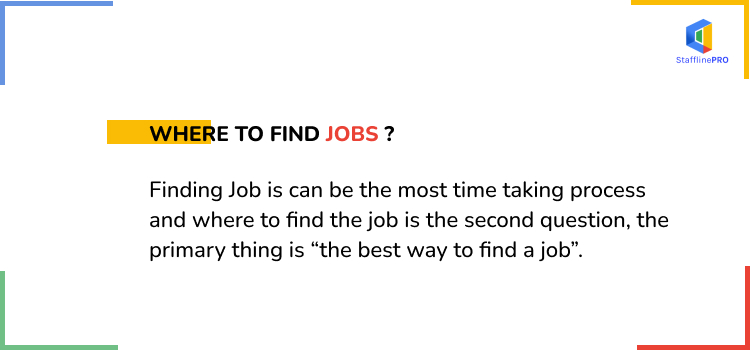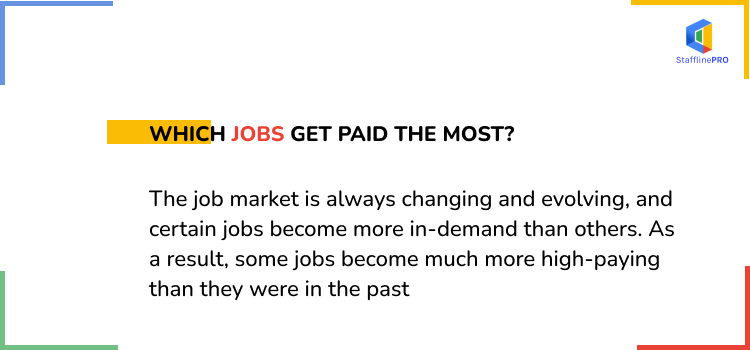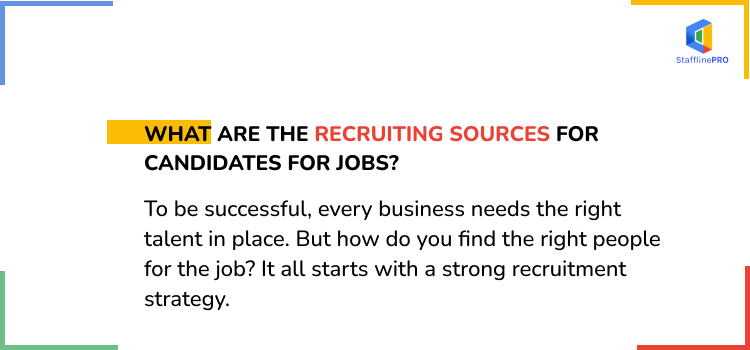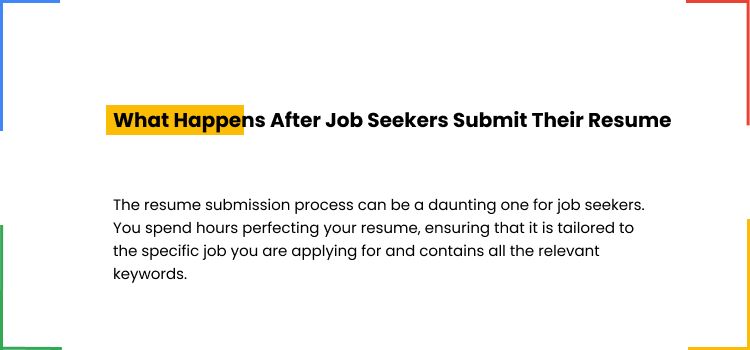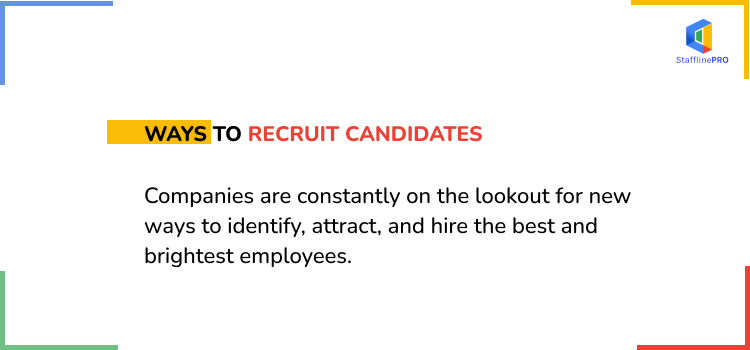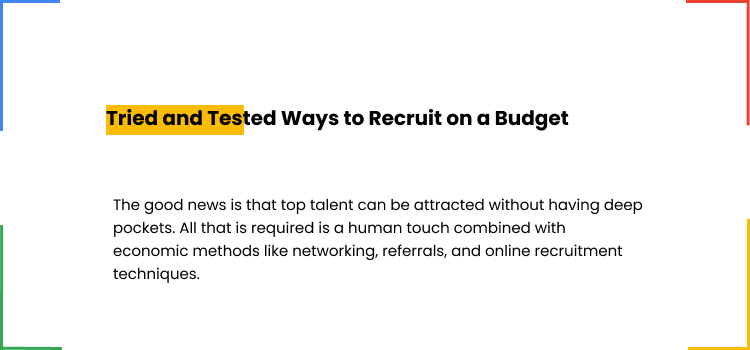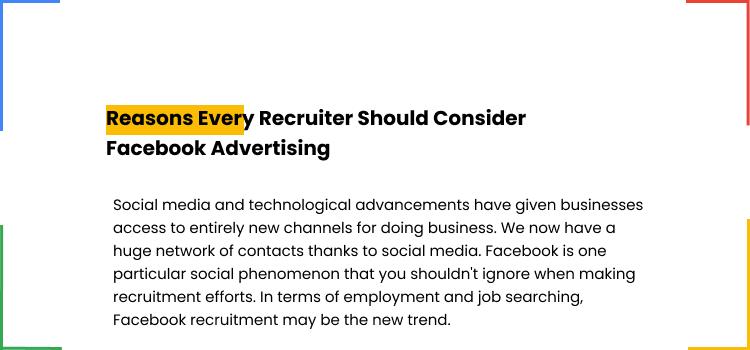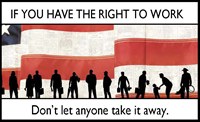1.Ask the Hypothetical CEO question
Candidates are often more forthcoming during interviews, giving you the chance to pose challenging or outlandish queries. What would you do differently if you were the company’s CEO? is a good way to gauge your candidate’s perspective and potential for leadership. After all, future leaders must possess the capacity to look at the big picture and make future plans.
This query reveals how much your candidate is familiar with the business. If they provide a thorough and in-depth response, it only proves that they did their homework. You never know; you might just discover the newest member of your management team.
A different way to approach the CEO is by asking about a contentious or improper action your company has taken. A candidate who offers frank and helpful criticism has the makings of a great hire.

2.Let Body Language Do the Talking
Interviewers frequently overlook the “how” in favor of the “what.” Make a mental note to pay attention to the way your candidate responds to your questions and their body language. The body—and body language—is a more accurate indicator than the responses that your candidates give, according to renowned image consultant Alison Craig.
A confident high performer will typically have good posture and be able to talk easily about past accomplishments. Are they giving you a direct gaze? Do they give you a firm handshake? Do they speak clearly when they respond? These are all excellent signs of a strong candidate in terms of body language.

3.Notice the Choice of Verbs and Pronouns
Did you know that candidates who perform well use 60% more first-person pronouns than candidates who perform poorly? High performers are more likely to use “I” or “We” because they have a larger body of work and a larger body of life experience. Because they don’t have the same advantages, low performers are more likely to provide hypothetical responses that are framed in the second or third person. Try to tell the difference between a candidate who says “I played a key role in generating 20% more sales leads” and one who says “You can have more sales by implementing these strategies” the next time.
Observing the use of present or past-tense verbs is another tactic. The verbs you use are a good indicator of how your potential candidates will behave in social situations. Candidates with past tense speeches have a wealth of knowledge to share.

4.Observe how candidates interact with non-interviewers
Assessing your candidates’ interpersonal skills is crucial before making a hiring decision. Examining their interactions with people other than interviewers is a tried-and-true method for measuring this. During interviews, candidates will put their best foot forward, so it’s important to pay attention to how they behave otherwise.
They were ushered in, but were they courteous to the secretary? Did they make small talk with other candidates? Did they say “thank you” when a glass of water was offered to them? Try to determine whether the upbeat demeanor they displayed during the interview is consistent with their true persona by observing these social cues. After all, no one wants to hire someone who would undermine the culture of your business.

5.Ask about Passions
Did you know that 47% of people who change jobs do so because they feel their new employer better matches their interests and skill set? In order to find someone who will stick around and succeed over the long term, make sure the position aligns with their interests.
It may be a good idea to inform applicants about the company’s various CSR programmes if they have a strong commitment to social causes. Talking about your cross-country workshops or the accomplishments of your basketball team may be a good idea if he enjoys travel or sports. You can tell if the position and the company will be able to sufficiently motivate your candidate by learning about their passions.

